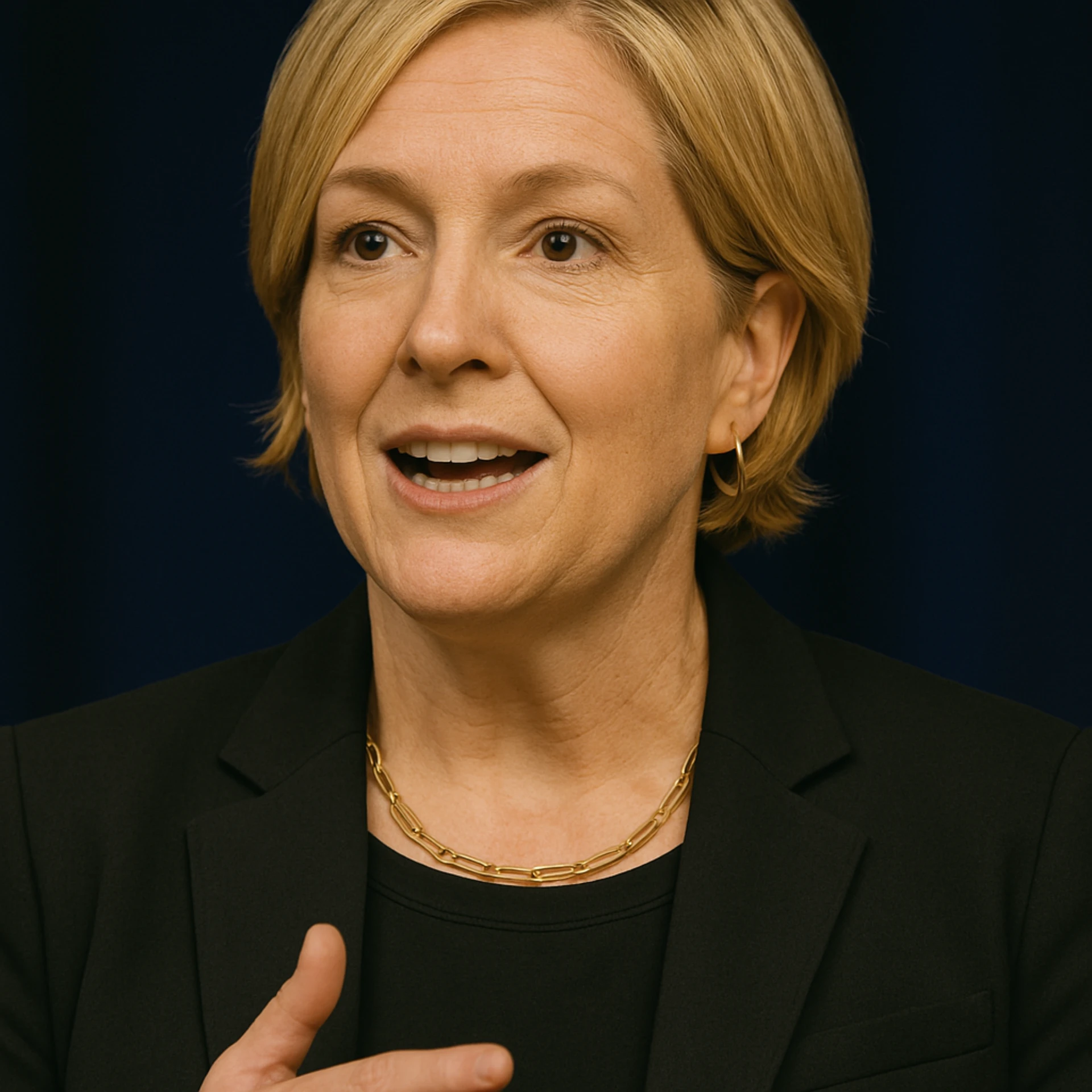Introduction: What is Executive Coaching?
In today’s rapidly evolving business environment, senior leaders face unprecedented challenges. From navigating global markets to managing remote teams and driving organisational growth, leadership demands continue to rise. Amid these pressures, executive coaching has emerged as a powerful tool for senior professionals looking to enhance their effectiveness and impact.
Executive coaching is a tailored, one-on-one process to help leaders unlock their full potential. Providing objective feedback, actionable insights, and accountability frameworks enables executives to embrace continuous improvement and become their best version. But how exactly does executive coaching help senior leaders thrive?
The Benefits of Executive Coaching for Senior Professionals
1. Improved Decision-Making
Executive coaching sharpens decision-making skills by enhancing self-awareness and emotional intelligence. Senior leaders often face high-stakes decisions that require balancing data-driven analysis with people-centric solutions. A coach helps leaders clarify and identify blind spots, ensuring their decisions align with long-term organisational objectives.
2. Enhanced Team Management
Leadership isn’t just about strategy; it’s about inspiring and empowering teams. Coaches equip leaders with strategies to foster collaboration, resolve conflicts, and nurture a high-performance culture within their organisations. Better team management results in higher employee satisfaction, productivity, and retention.
3. Personal Growth and Resilience
Navigating the challenges of a senior leadership role can be challenging, both personally and professionally. Coaches guide leaders to develop resilience, manage stress effectively, and balance their personal and professional lives. Building this level of self-mastery prepares leaders to tackle adversity with confidence.
4. Transformational Leadership Development
Senior leaders often progress to their roles based on technical expertise or past achievements, but true leadership is about more than technical skills. Coaching fosters the development of soft skills such as empathy, adaptability, and effective communication—qualities that distinguish good leaders from great ones.
Real-Life Impact: Examples of Executive Coaching Success
Consider the case of a CEO struggling with a disengaged board or a senior manager grappling with a high turnover rate within their department. Through coaching, these leaders might refine their communication style or implement new methods for accountability within their teams. The result? Improved relationships, a more motivated workforce, and tangible business outcomes.
Many Fortune 500 companies have embedded executive coaching into their leadership development strategies. Studies reveal that organisations with coached leaders see an average return of $7.90 for every dollar spent on coaching.
Choosing the Right Executive Coach
Finding the right executive coach is crucial to achieving optimal results. Senior leaders should look for a coach with strong business acumen and experience working with professionals at the executive level. Equally important is establishing a trusting, transparent relationship with the coach.
To choose the right coach:
– Look for certifications or memberships in respected bodies like the International Coach Federation (ICF).
– Ask about their experience coaching professionals in similar roles.
– Clarify your goals for coaching and ensure the coach has the skills to address them.
Conclusion: Realising Your Full Potential as a Leader
Executive coaching isn’t just a trend; it’s necessary for senior professionals aiming to stay competitive and effective in today’s fast-paced business world. Whether improving decision-making, fostering team success, or building personal resilience, coaching provides the structure and support leaders need to excel.
For senior executives committed to growth and excellence, working with the right executive coach can unlock profound transformations—not just for themselves but also for their organisations.










